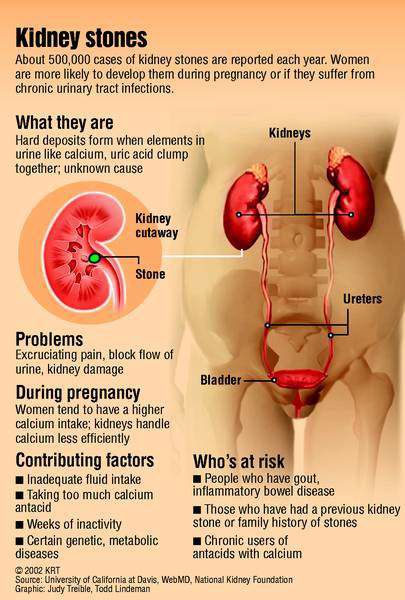Drinking water helps prevent kidney stones
Published 5:00 am Thursday, August 2, 2007

- Drinking water helps prevent kidney stones
Preventing dehydration is important year-round. But doctors warn that not getting enough water, particularly in the summertime, can lead to the formation of kidney stones and what many patients describe as the worst pain in their lives.
Kidney stones are becoming more prevalent in general but especially in the summer months, says Dr. Gary Faerber, an associate professor of urology with the University of Michigan Health System.
“One of the best ways to prevent kidney stones is to stay hydrated throughout the entire 24-hour period,” Faerber says. “I recommend my patients have at least six to eight glasses of water a day, and I ask them to make sure that they spread that throughout the entire day and up until nighttime.”
Faerber says about 13 percent of men and 7 percent of women will have kidney stones sometime in their lives. Summertime activities such as running or biking can also shake loose kidney stones, causing patients to experience symptoms. Those can include back pain or flank pain, nausea or vomiting, increased or painful urination and blood in the urine.
Kidney stones form when urine becomes too concentrated with certain substances. Three out of four kidney stone patients will develop stones containing calcium. The calcium may combine with other substances, most commonly oxalate, but also phosphate or carbonate, to form the stone. Oxalate is present in some foods, but diseases of the small intestine increase the tendency to form calcium oxalate stones.
Another 10 percent of kidney stones are formed from uric acid, more commonly in men, and are also associated with gout or chemotherapy. Cystine stones may form in persons with cystinuria, a hereditary disorder affecting both men and women.
Struvite stones are mainly found in women as a result of urinary tract infections. They can grow very large and may obstruct the kidney, ureter or bladder.
Typically, stones are passed spontaneously during urination. About 15 percent of stones, however, require treatment. Treatment can include medications for pain, calcium-channel blockers, or lithotripsy, breaking up stones with sound waves. In some cases, doctors may use invasive procedures to break up the stones.
Prevent kidney stones
Dr. Gary Faerber, an associate professor of urology with the University of Michigan Health System, provides the following tips for avoiding kidney stones.
• Drink plenty of water through the day.
• Cut back on soda and teas. Dark colas in particular contain oxalate, an acid that can lead to the formation of calcium oxalate kidney stones.
• Exercise and lose weight. Kidney stones have been linked to sedentary lifestyles and excess weight.
• Drink lemonade, real lemonade, not the powdered stuff, has been showed to reduce the risk of kidney stones and helps keep you hydrated.
• Ask your physician about medications that can help prevent kidney stones.
• Check with your doctor if you’re taking calcium supplements. Some studies suggest that dietary calcium helps prevent kidney stones, but supplements may increase the risk.






